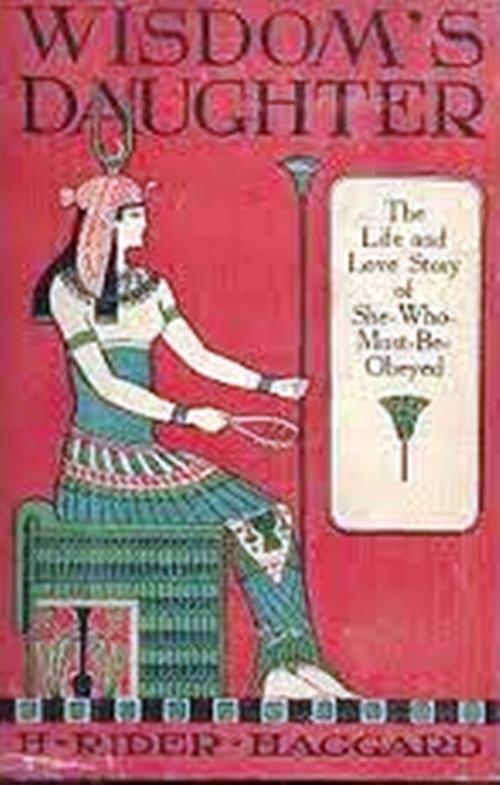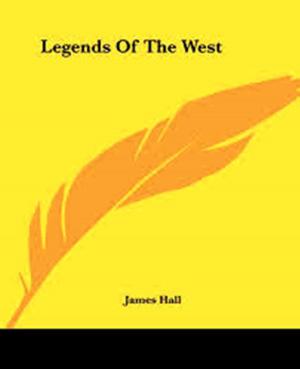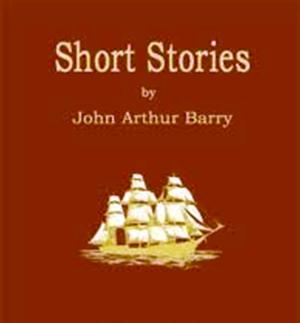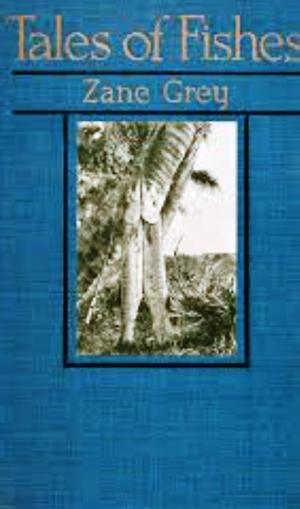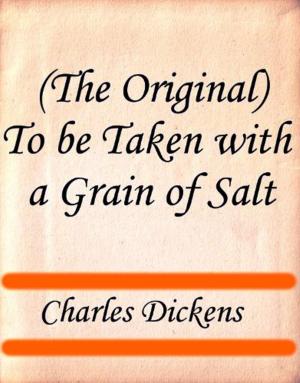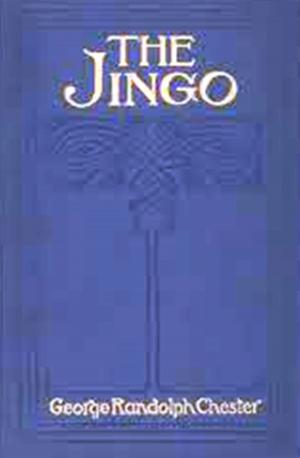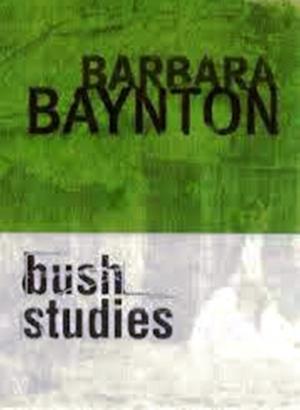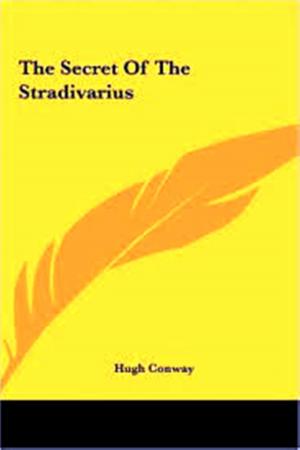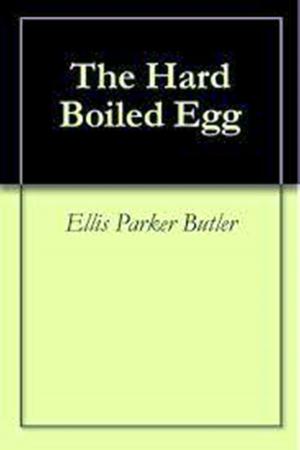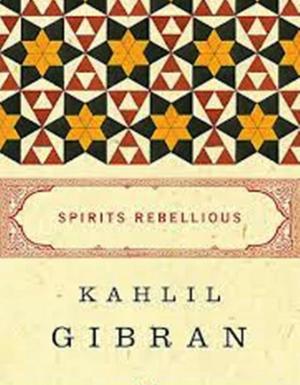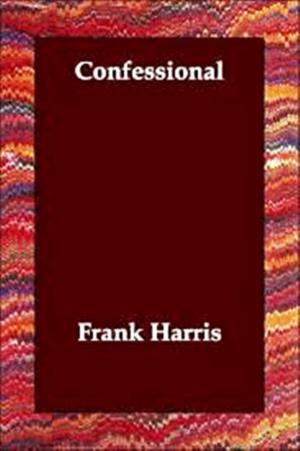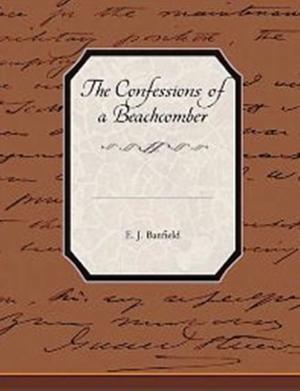Wisdom's Daughter
The Life and Love Story of She Who Must Be Obeyed
Fiction & Literature, Classics, Historical| Author: | H. Rider Haggard | ISBN: | 1230000197609 |
| Publisher: | WDS Publishing | Publication: | November 18, 2013 |
| Imprint: | Language: | English |
| Author: | H. Rider Haggard |
| ISBN: | 1230000197609 |
| Publisher: | WDS Publishing |
| Publication: | November 18, 2013 |
| Imprint: | |
| Language: | English |
The manuscript of which the contents are printed here was discovered
among the effects of the late L. Horace Holly, though not until some
years after his death. It was in an envelope on which had been
scribbled a direction that it should be forwarded to the present
editor "at the appointed time," words that at first he did not
understand. However, in due course it arrived without any accompanying
note of explanation, so that to this hour he does not know by whom it
was sent or where from, since the only postmark on the packet was
London, W., and the address was typewritten.
When opened the package proved to contain two thick notebooks, bound
in parchment, or rather scraped goat or sheepskin, and very roughly as
though by an unskilled hand, perhaps in order to preserve them if
exposed to hard usage or weather. The paper of these books is
extremely thin and tough so that each of them contains a great number
of sheets. It is not of European make, and its appearance suggests
that it was manufactured in the East, perhaps in China.
There could be no doubt as to who had owned these notebooks, because
on one of them, the first, written in red ink upon the parchment cover
in block letters, appears the name of Mr. Holly himself. Also on its
first pages are various memoranda of travel evidently made by him and
no one else. After these follow sheet upon sheet of apparently
indecipherable shorthand mixed up with tiny Arabic characters. This
shorthand proved to belong to no known system, and though every effort
was made to decipher it, for over two years it remained unread.
At length, when all attempts had been abandoned, almost by chance, it
was shown to a great Oriental scholar, a friend of the Editor, who
glanced at it and took it to bed with him. Next morning at breakfast
he announced calmly that he had discovered the key and could read the
stuff as easily as though it were a newspaper leader. It seemed that
the writing was an ancient form of contracted Arabic, mixed in places
with the Demotic of the Egyptians--a shorthand Arabic and a shorthand
Demotic, difficult at first, but once the key was found easily
decipherable by some six or eight living men, of whom, as it chanced,
the learned scholar into whose hands it had thus fallen accidentally
was one.
So it came about that with toil and cost and time, at length those two
closely written volumes were transcribed in full and translated. For
the rest, they speak for themselves. Let the reader judge of them.
There is but one thing to add. Although it is recorded in notebooks
that had been his property, clearly this manuscript was NOT written by
Mr. Holly. For reasons which she explains it was written with the hand
of SHE herself, during the period of her second incarnation when at
last Leo found her in the mountains of Thibet, as is described in the
book called "Ayesha."
The manuscript of which the contents are printed here was discovered
among the effects of the late L. Horace Holly, though not until some
years after his death. It was in an envelope on which had been
scribbled a direction that it should be forwarded to the present
editor "at the appointed time," words that at first he did not
understand. However, in due course it arrived without any accompanying
note of explanation, so that to this hour he does not know by whom it
was sent or where from, since the only postmark on the packet was
London, W., and the address was typewritten.
When opened the package proved to contain two thick notebooks, bound
in parchment, or rather scraped goat or sheepskin, and very roughly as
though by an unskilled hand, perhaps in order to preserve them if
exposed to hard usage or weather. The paper of these books is
extremely thin and tough so that each of them contains a great number
of sheets. It is not of European make, and its appearance suggests
that it was manufactured in the East, perhaps in China.
There could be no doubt as to who had owned these notebooks, because
on one of them, the first, written in red ink upon the parchment cover
in block letters, appears the name of Mr. Holly himself. Also on its
first pages are various memoranda of travel evidently made by him and
no one else. After these follow sheet upon sheet of apparently
indecipherable shorthand mixed up with tiny Arabic characters. This
shorthand proved to belong to no known system, and though every effort
was made to decipher it, for over two years it remained unread.
At length, when all attempts had been abandoned, almost by chance, it
was shown to a great Oriental scholar, a friend of the Editor, who
glanced at it and took it to bed with him. Next morning at breakfast
he announced calmly that he had discovered the key and could read the
stuff as easily as though it were a newspaper leader. It seemed that
the writing was an ancient form of contracted Arabic, mixed in places
with the Demotic of the Egyptians--a shorthand Arabic and a shorthand
Demotic, difficult at first, but once the key was found easily
decipherable by some six or eight living men, of whom, as it chanced,
the learned scholar into whose hands it had thus fallen accidentally
was one.
So it came about that with toil and cost and time, at length those two
closely written volumes were transcribed in full and translated. For
the rest, they speak for themselves. Let the reader judge of them.
There is but one thing to add. Although it is recorded in notebooks
that had been his property, clearly this manuscript was NOT written by
Mr. Holly. For reasons which she explains it was written with the hand
of SHE herself, during the period of her second incarnation when at
last Leo found her in the mountains of Thibet, as is described in the
book called "Ayesha."
